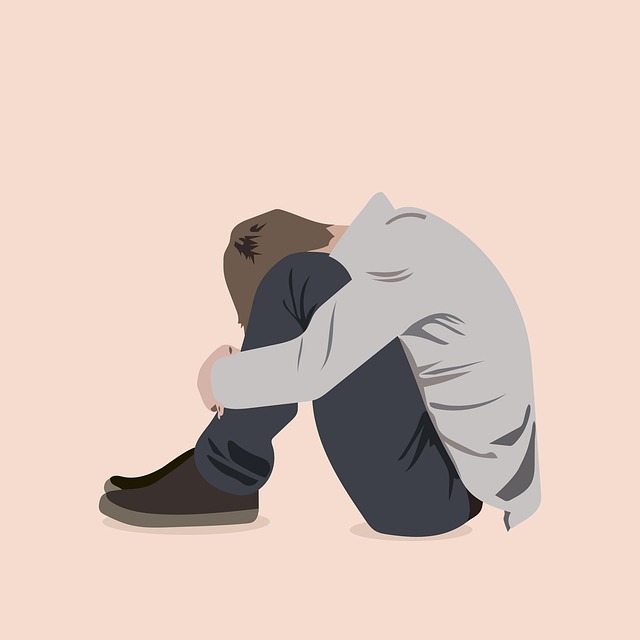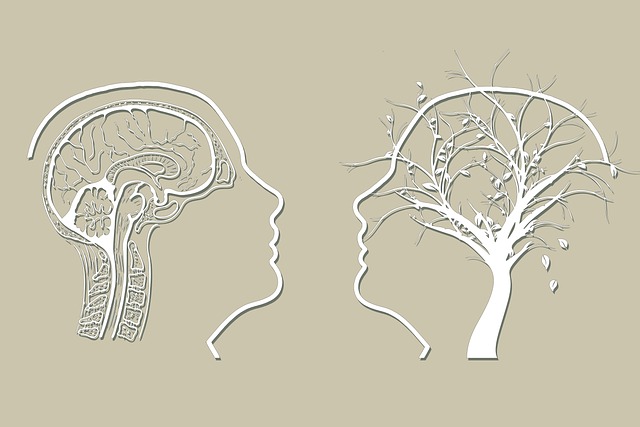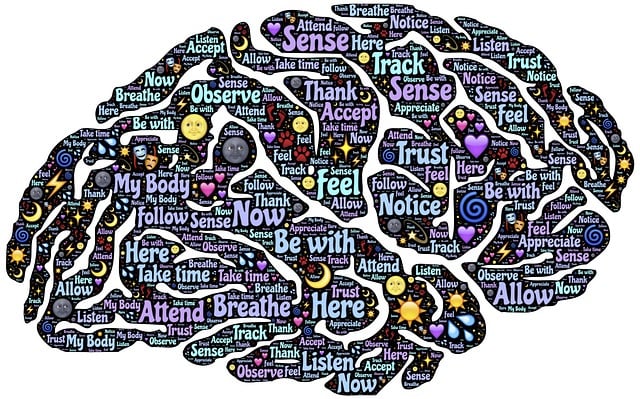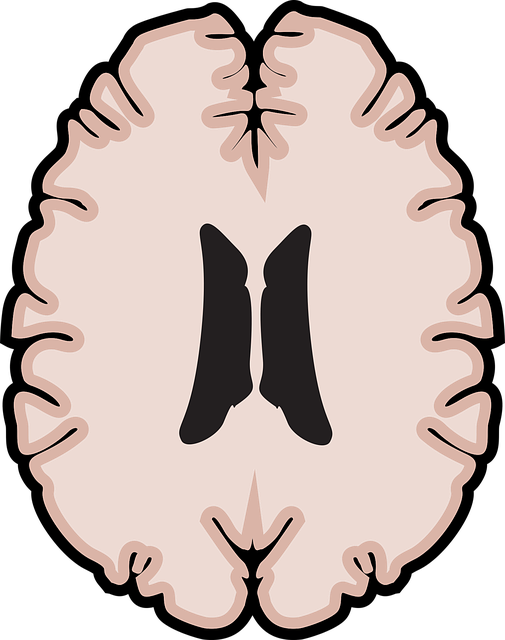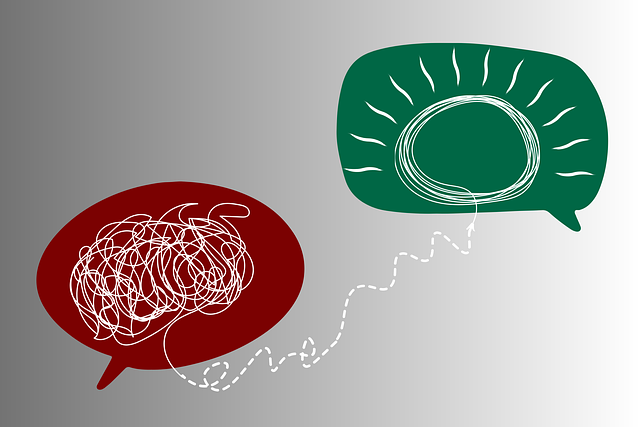Substance abuse profoundly affects sexual health, causing dysfunctions due to brain chemistry changes and hormonal imbalances. Early intervention through community outreach programs and identifying warning signs like irritability and isolation is crucial. Superior Sexual Dysfunction Therapy (SSDT), combined with anxiety relief strategies, addresses addiction's root causes, including trauma and low self-esteem, promoting healthier relationships and improved sexual health outcomes. CBT and group therapy enhance SSDT, helping individuals change unhealthy thought patterns and regain control over their sexual well-being.
Substance abuse poses significant risks, particularly to sexual health. This comprehensive guide explores strategies to mitigate these dangers, focusing on early identification of warning signs and robust risk reduction tactics. We delve into the impact of substance abuse on sexual well-being and offer effective treatments for substance-related sexual dysfunction, emphasizing the importance of superior sexual dysfunction therapy in recovery journeys. By understanding these aspects, individuals can make informed choices and prioritize their sexual health.
- Understanding Substance Abuse and Its Impact on Sexual Health
- Identifying Risks and Early Warning Signs
- Comprehensive Strategies for Risk Reduction
- Effective Treatments for Substance-Related Sexual Dysfunction
Understanding Substance Abuse and Its Impact on Sexual Health

Substance abuse can significantly impact an individual’s overall health and well-being, including sexual health. It often leads to a range of issues that affect one’s ability to engage in healthy sexual practices. Superior Sexual Dysfunction Therapy (SSDT) is a critical component in addressing these challenges. When substances alter brain chemistry, they can disrupt hormonal balance, leading to physical and psychological changes that manifest as sexual dysfunction. For example, alcohol and certain drugs may cause reduced libido, difficulty achieving arousal, or pain during intercourse.
Additionally, substance abuse can exacerbate existing mental health conditions, such as anxiety and depression, which are closely linked to sexual difficulties. Public Awareness Campaigns Development focused on the interplay between substance misuse and mental health can provide valuable support. Understanding these impacts is essential in fostering inner strength development and encouraging individuals to seek help. By combining SSDT with strategies for Anxiety Relief and promoting awareness, we can better address the multifaceted nature of these issues and improve overall sexual health outcomes.
Identifying Risks and Early Warning Signs

Identifying risks and early warning signs is a critical step in mitigating substance abuse. Individuals and communities must be vigilant to recognize patterns that could indicate a growing problem. Early detection allows for timely intervention, which can significantly reduce the risks associated with substance misuse. Superior Sexual Dysfunction Therapy (SSDT) offers valuable insights into behavioral changes often linked to addiction, such as heightened irritability, isolation from social circles, and sudden shifts in mood or energy levels.
Community outreach programs play a pivotal role here by educating people on these signs and breaking down the stigma surrounding mental health and substance abuse. By integrating initiatives like depression prevention and mood management into community outreach, individuals at risk can receive support before turning to harmful substances. Early intervention through such programs not only reduces personal harm but also fosters a healthier and more supportive environment within communities.
Comprehensive Strategies for Risk Reduction

Comprehensive strategies for risk reduction in substance abuse treatment go beyond mere abstinence goals. Effective programs integrate diverse approaches tailored to individual needs, addressing underlying causes such as trauma, mental health issues, and low self-esteem. Superior Sexual Dysfunction Therapy (SSDT), for instance, can be a game-changer by targeting specific behaviors and beliefs related to sexual health, fostering healthier relationships, and improving communication strategies within intimate partnerships.
Incorporating practices like mindfulness meditation and cognitive behavioral therapy alongside SSDT promotes self-awareness and emotional regulation. Regular sessions encourage individuals to cultivate present-moment awareness, manage cravings more effectively, and develop coping mechanisms that enhance overall well-being. Moreover, these comprehensive strategies foster a supportive environment, enabling participants to build resilience, boost self-esteem, and navigate challenges without resorting to substance abuse as a coping mechanism.
Effective Treatments for Substance-Related Sexual Dysfunction

Substance abuse can significantly impact an individual’s sexual health and relationships. One often overlooked aspect is substance-related sexual dysfunction (SRSD), which can manifest as a range of issues, including low libido, erectile dysfunction, or difficulty reaching orgasm. Effective treatments for SRSD exist and are crucial in comprehensive recovery plans.
Superior Sexual Dysfunction Therapy involves addressing the underlying causes, which may include trauma support services, burnout prevention techniques, and coping skills development. Cognitive-behavioral therapy (CBT) has proven successful in helping individuals understand and change unhealthy thought patterns related to sex. Group therapy sessions can also provide a safe space to share experiences and learn from peers facing similar challenges. By integrating these therapeutic approaches, individuals can regain control over their sexual well-being, fostering healthier relationships and overall recovery.
Substance abuse poses significant risks, particularly to sexual health. By understanding the impacts and identifying early warning signs, individuals can take proactive steps towards risk reduction using comprehensive strategies. Accessing effective treatments for substance-related sexual dysfunction, such as superior sexual dysfunction therapy, is crucial in mitigating long-term effects and fostering healthier lifestyles. Through a multi-faceted approach, it’s possible to reclaim control and promote well-being both physically and emotionally.
